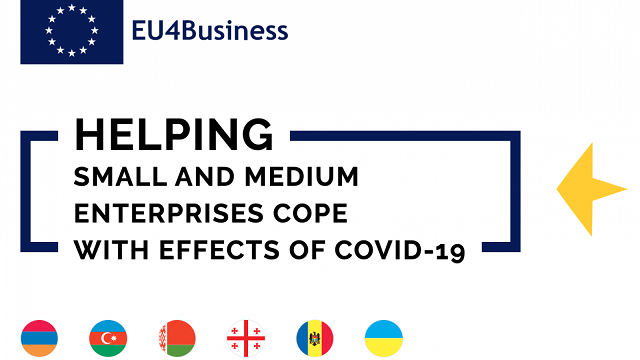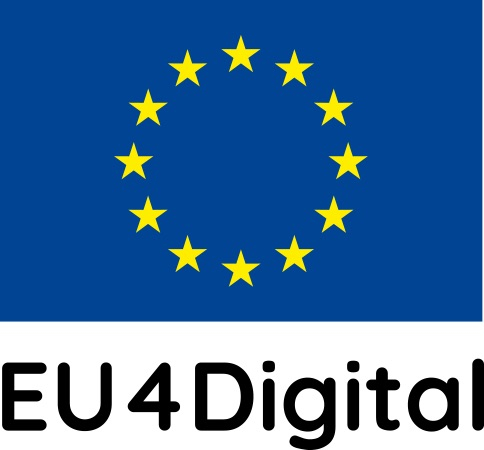EU NEIGHBOURS. The European Commission has launched a new EU4Business portal that provides information on the scope of EU support to small- and medium-sized businesses in Armenia, Azerbaijan, Belarus, Georgia, the Republic of Moldova and Ukraine.
The central page of the portal gives an overview of how the programme works, and additional six country pages in local languages provide entrepreneurs with up-to-date information on exactly how they can benefit from the EU4Business initiative.
“The COVID-19 crisis is a real challenge for businesses in the region. It is essential we invest in the private sector – especially small- and medium-sized enterprises, which are the backbone of our partner countries’ economies – in order to build back better. Doing so, we support the creation of jobs and opportunities for citizens across the Eastern Partnership,” said Lawrence Meredith, Director for Neighbourhood East and Institution-Building, DG NEAR, European Commission.
In the past year, the EU increased its support to the private sector in the Eastern Partnership countries to help them deal with the consequences of the COVID-19 pandemic. EU4Business helps to mobilise additional funding for companies together with international financial institutions, and assists businesses with getting better access to existing loan facilities.
Read also
Based on the most recent EU4Business annual report, over 78,000 companies received assistance under the initiative in Armenia, Azerbaijan, Belarus, Georgia, Moldova and Ukraine in 2019.
“Via the new website, we provide information for different audiences, such as SMEs, donor organisations that we cooperate with, and specific institutions in each country that help promote the support,” EU4Business Team Leader Mark Hellyer explains.
Some of the success stories that are featured on the website include Moldovan honey-makers upgrading their production, or a small town in Georgia developing a ChatBot to keep businesses well-informed during COVID-19 times; the Azerbaijani family who started their dried fruit business from scratch in less than a year, or the Ukrainian blueberry growers going co-op; the Belarusian children’s clothing brand that doubled its customer base, or an innovative business centre in Armenia helping SMEs grow.





























































